Reading Time: 2 minutes
- When we come across a sad story, we often label it as ‘depressing’.
- What we essentially mean is that the story made us feel discouraged, sad and anxious etc.
- If this sadness intensifies, both in duration and intensity, it could be a serious problem as it may make us feel that life is not enjoyable or nothing good could ever come out of life.
- In some cases, such intense and prolonged sadness is diagnosed as ‘Major Depressive Disorder’ or ‘Clinical Depression’ (when they say someone is suffering from depression, they usually mean clinical depression) .
- The exact reasons for clinical depression are still unknown, but it is believed it could be one or a combination of the following factors: genetics, biology, environment & psychology.
- Genetics: It has been found that family history can significantly increase the chances of someone being clinically depressed.
- Biology: Our brain is made up of billions of nerve cells called neurons and our senses talk to our brain by passing chemical substances*These chemical substances are called neurotransmitters. to a neuron, which then passes it to the next (then to the next forming a chain) until it reaches the part of the brain responsible for acting on the signal.
- Normally, the transfer of chemical substances is regulated i.e. how much in how much time should travel from one neuron to the next.
- Imbalance in these chemical substances, specifically serotonin (responsible for sleep, eating, mood & sex drive), norepinephrine (stress management) & dopamine (reward & pleasure) or problems in their transferring has been linked to depression.
- The reasons for imbalance are not yet known but antidepressants are known to provide more of the three chemical substances mentioned above to provide relief.
- Environment & Psychology: Death of someone, sexual or physical abuse, career pressures or financial stress.
- When one or more of these factors combine, the situation can get complicated.
- There are nine symptoms identified in the Diagnostic & Statistical Manual for Mental Disorders and a person with 5 or more of those symptoms (most of the time) may be diagnosed with clinical depression.
- These include sleep disorder, lack of pleasure in any activity, weight loss or gain, suicidal thoughts etc.
- Clinical depression can happen to anyone.
* These chemical substances are called neurotransmitters.
Reference shelf :




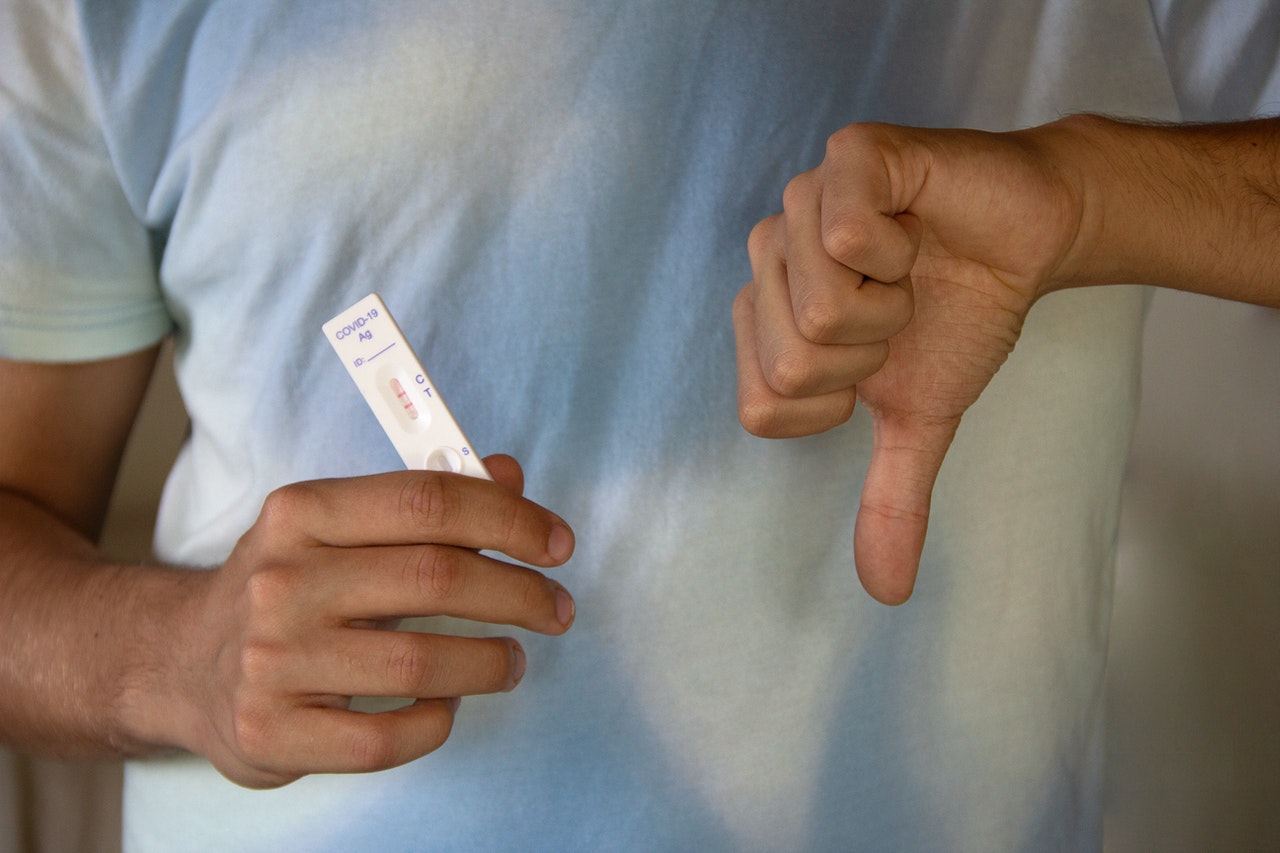
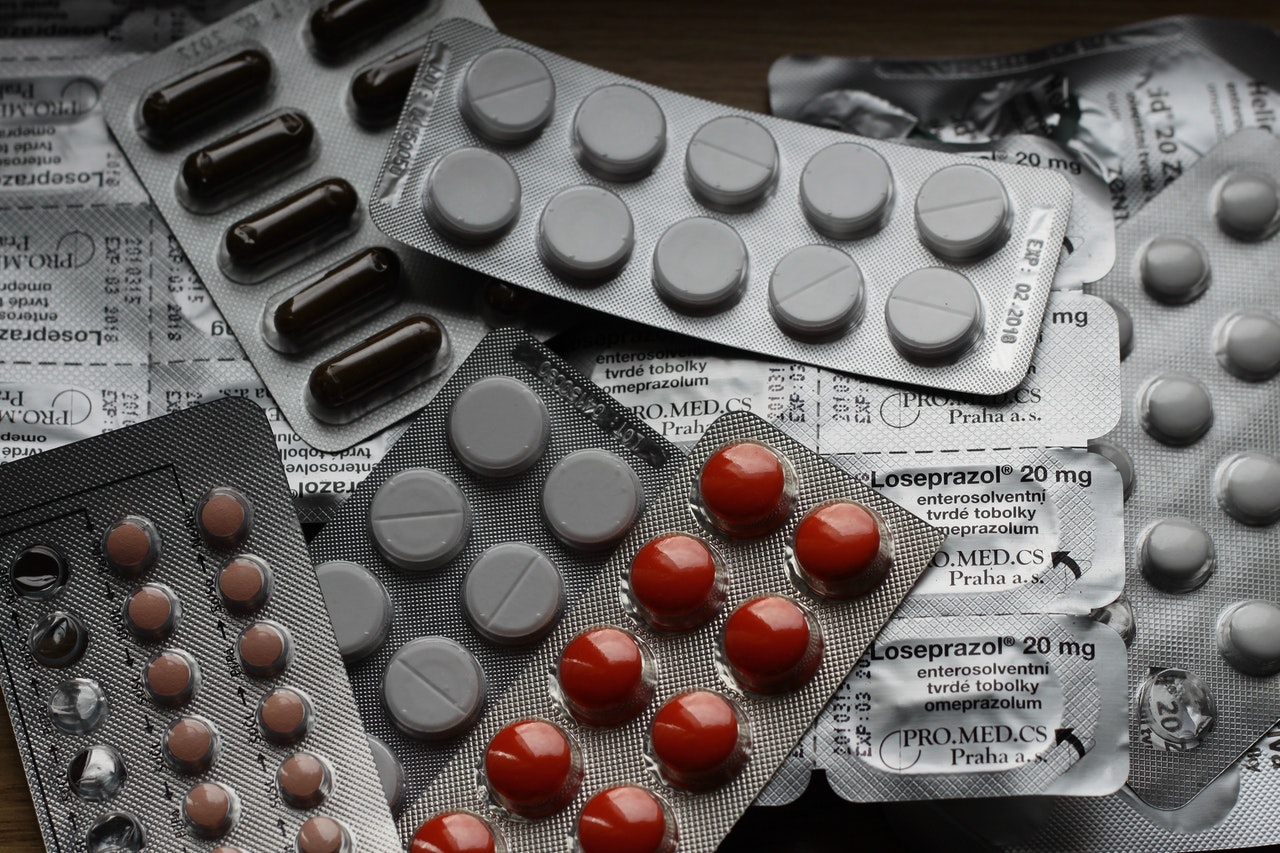
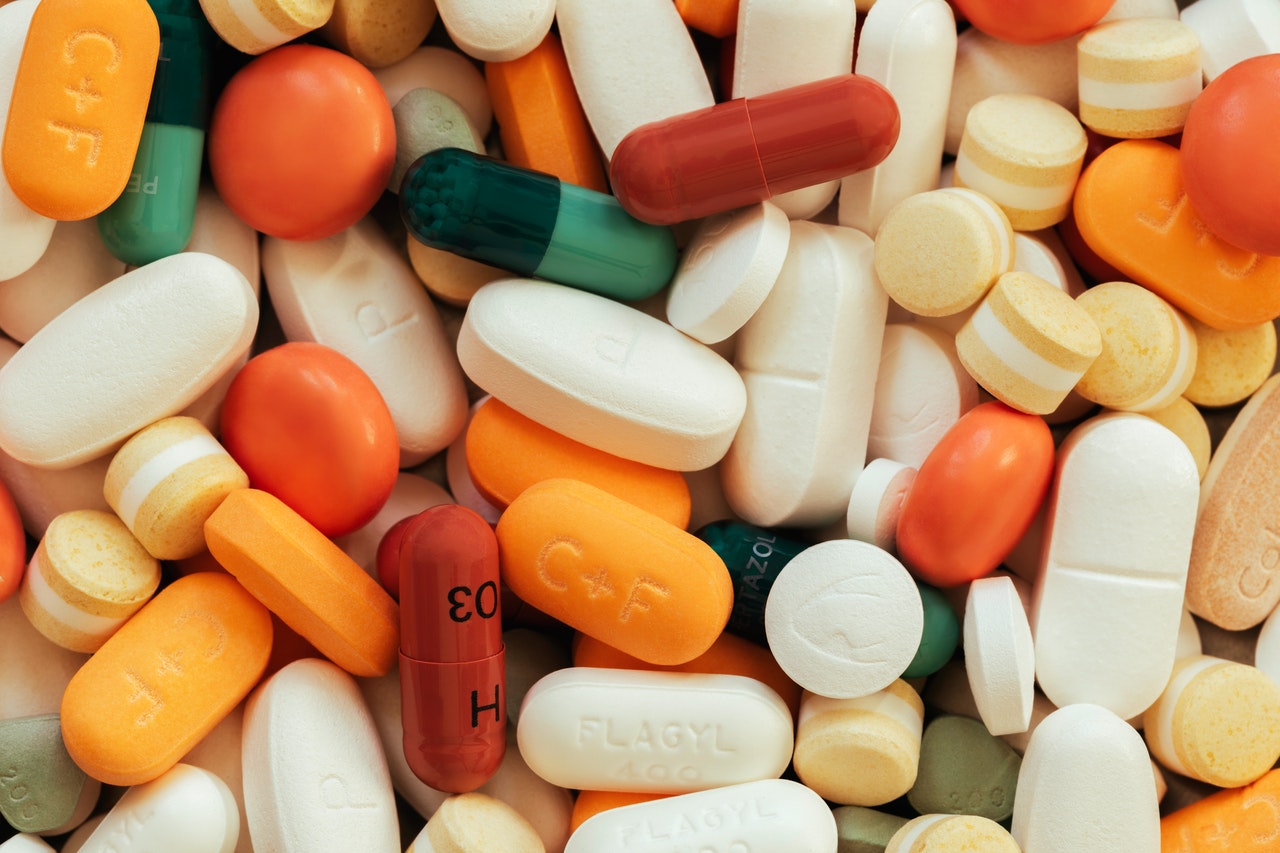

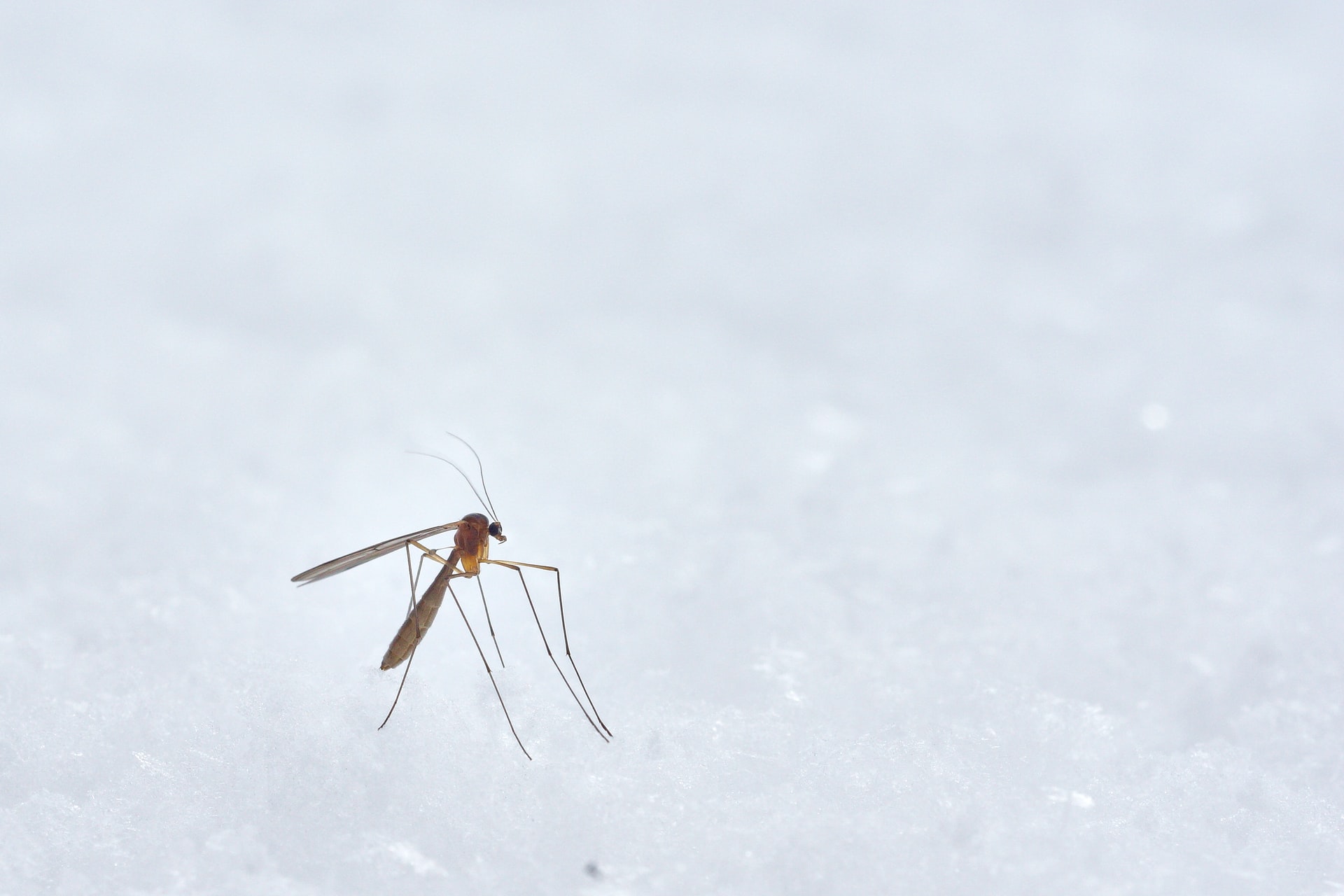



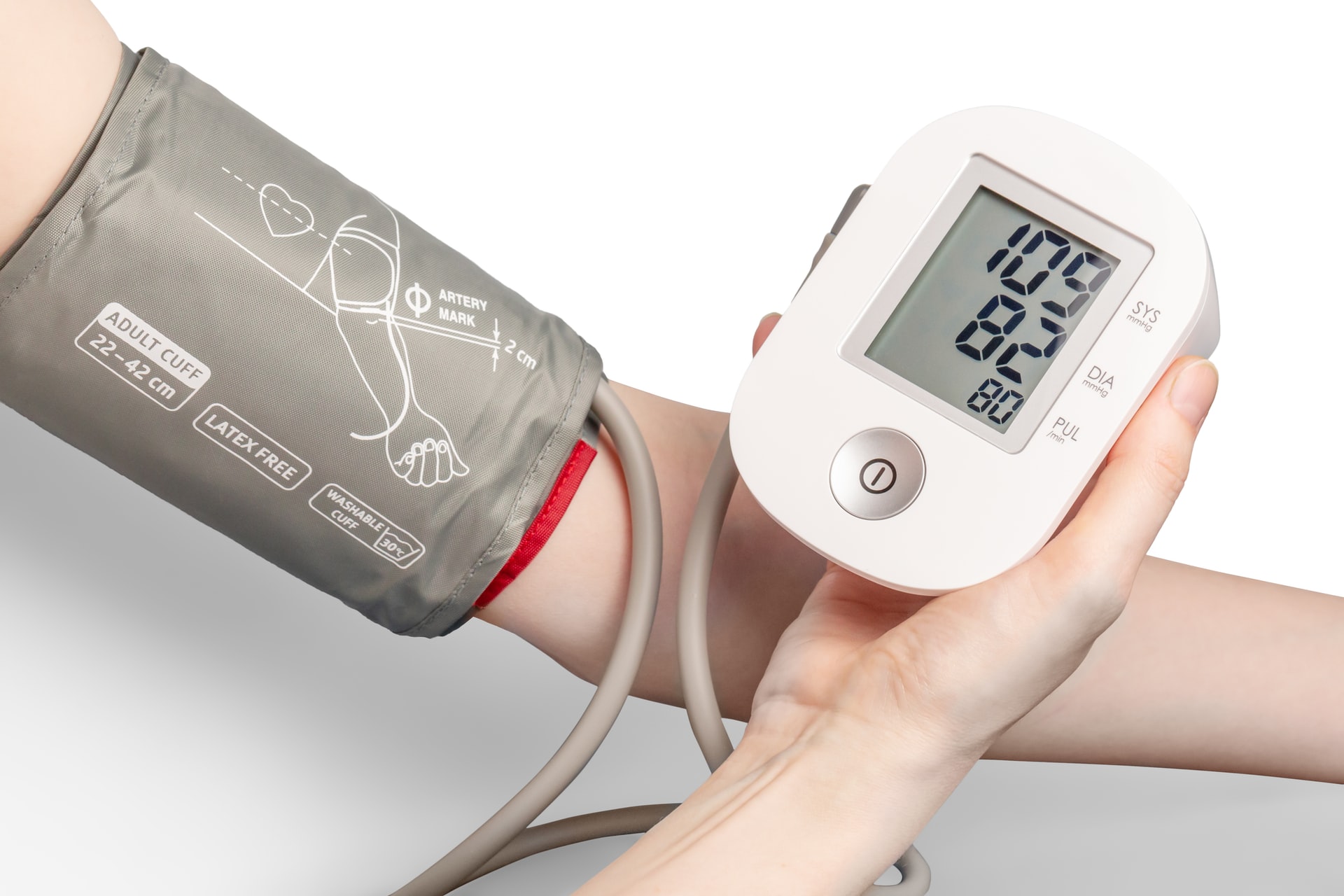




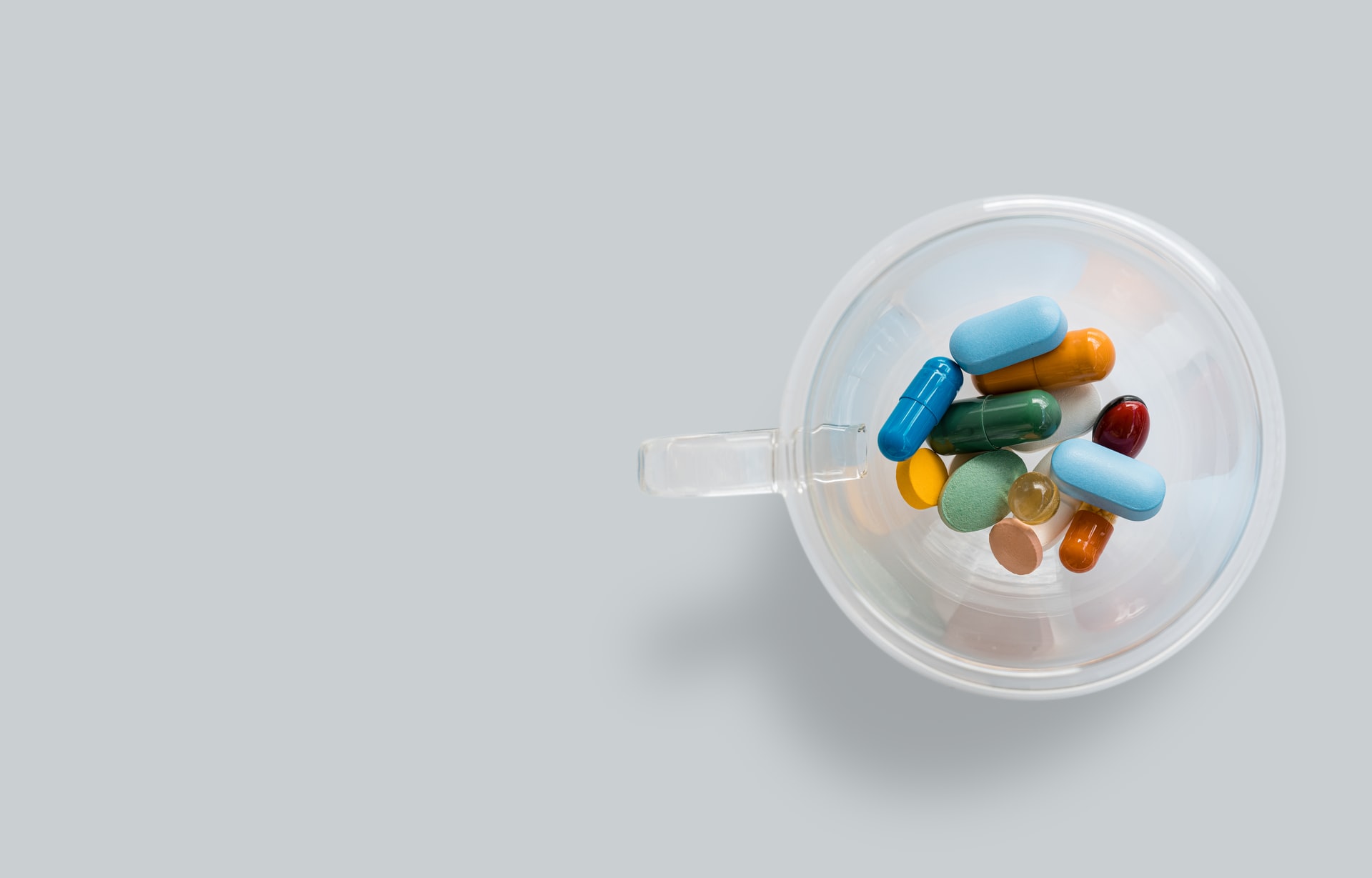


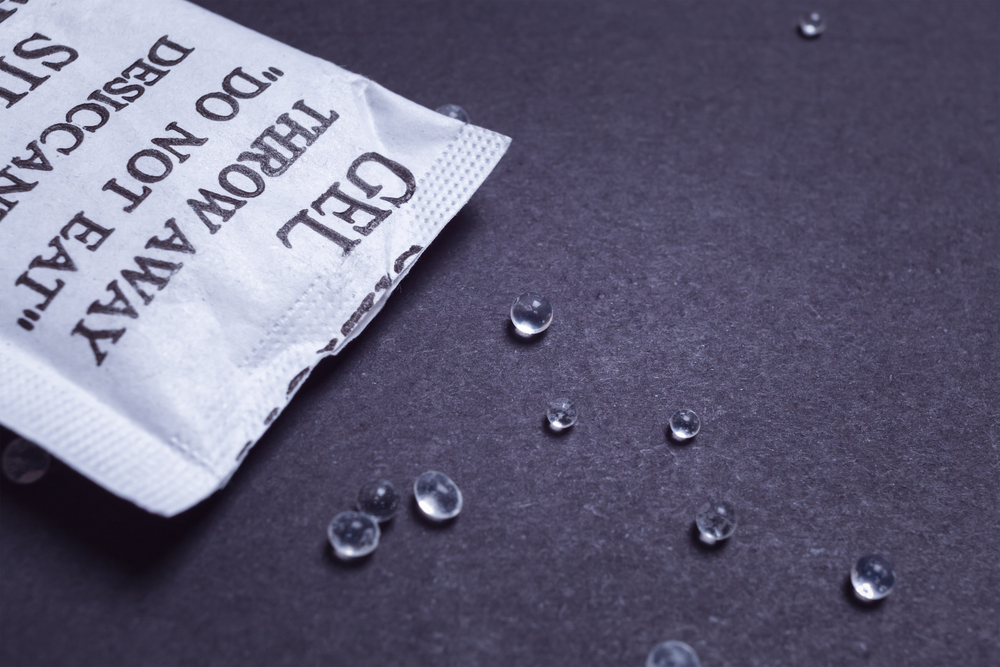


You gave tremendous positive points there. I did a search on the topic and found most peoples will agree with your blog.